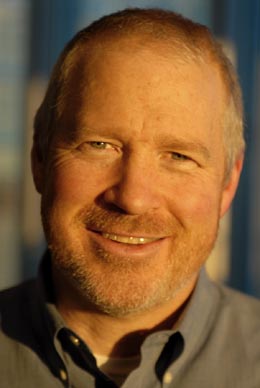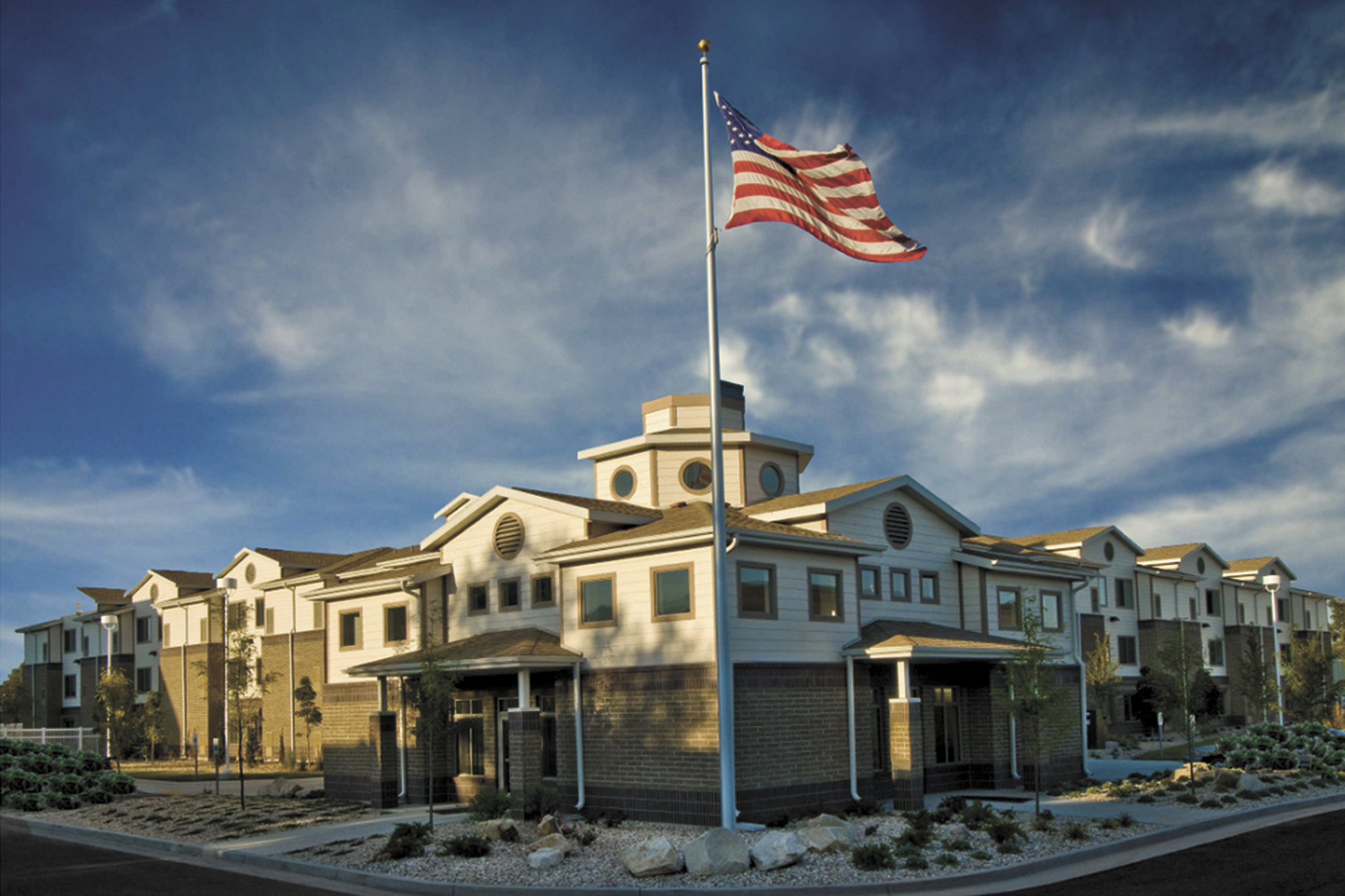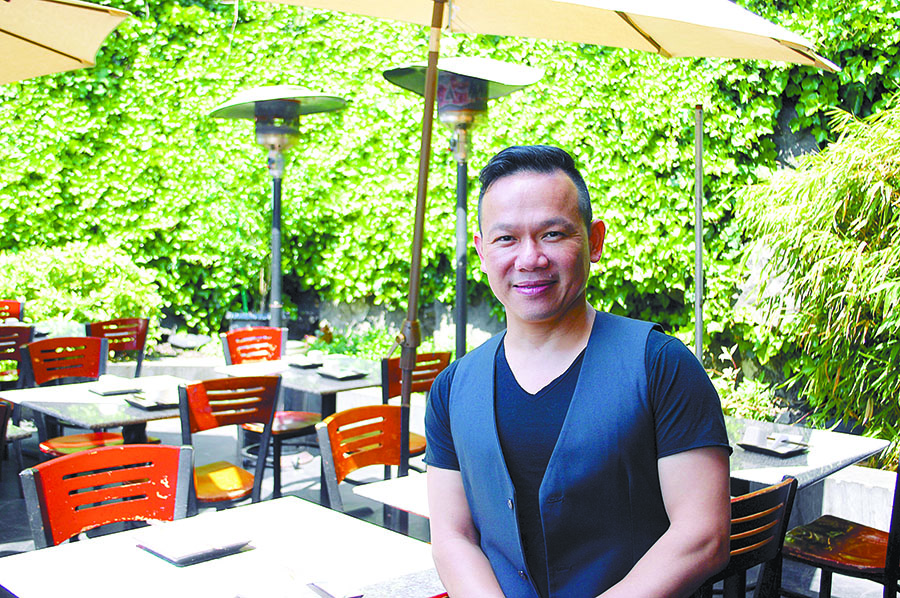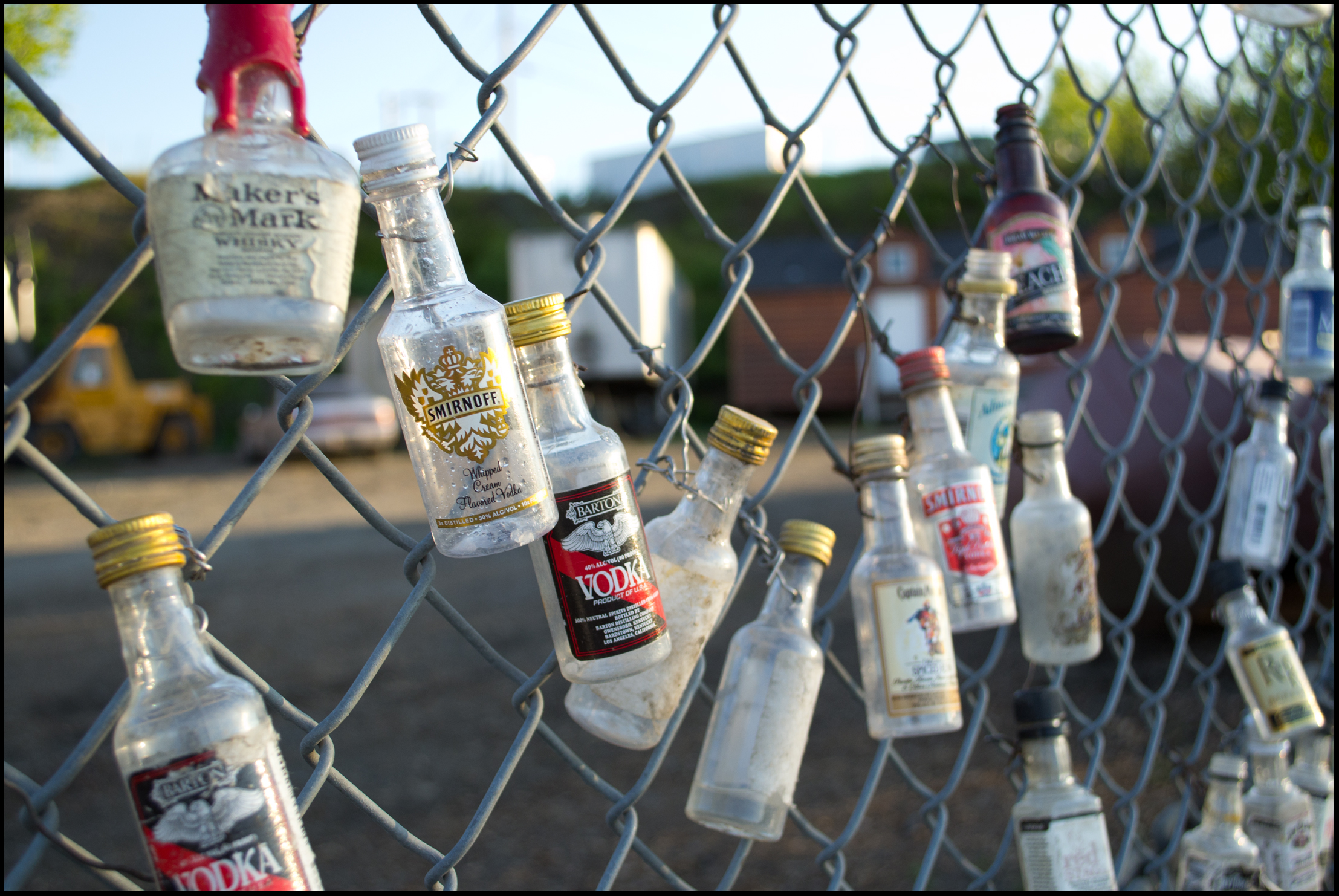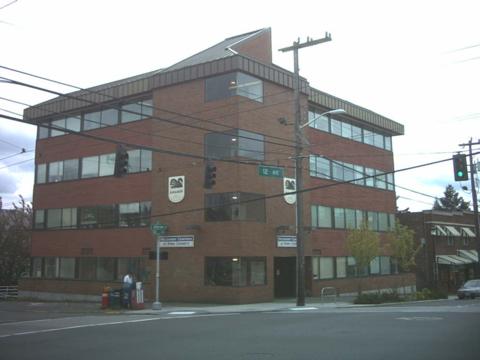Wedged between a Vietnamese hair salon and an Asian gift on South Jackson, lies the nondescript campaign headquarters of one Mike McGinn. Here, behind a plain wooden desk in the backroom of this $1,000 a month rental, sits Seattle’s 53-year-old mayor. Looking as unruffled as his pressed white shirt, McGinn, face flushed from his bike ride from City Hall and thinned down from ridding his diet of potatoes, pasta and other white carbs, shows no signs of wear or worry on this sun-swept June afternoon. He thinks there’s a wind at his back, or, to use a more fitting metaphor, a light at the end of the tunnel. The city, he says, has turned a corner and is, as he put it, “Heading in the right direction.”
That’s the message McGinn seeks to peddle in the next few weeks heading up to the August 6 primary – that he’s made his share of mistakes and learned from them, that jobs are up, crime is down, and more bike paths and light rail systems are on the way, and oh, yes, lots more broadband expansion; he’s quite big on that.
McGinn’s mantra is almost Reagan-like: It’s morning in Seattle. “Yeah, I’ve had setbacks,” he begins. “The Seattle Times hasn’t been my friend, and the tunnel hurt.” And then his oft-repeated riff: “But there’s no mayor’s school, you know. I’ve never run a place with 11,000 employees.”
But a moment later, he concedes, “I probably should have spent more time in meeting people, going to more [public] hearings, listening more. Some things, like cutting strategic advisers, were not well thought out. That was a mistake.”
Mea culpas aside, the former neighborhood and Sierra Club activist has a tough road to hoe in winning a second term. His approval rating, though no longer at the Nixonian depths it reached during his first two years in office, is still alarmingly low. Though his base remains largely intact – liberals, environmentalists, and naturally, the Cascade Bicycle Club — the latest poll put him at just 22 percent. More sobering for the Long Island, New York-raised father of three is that nearly 30 percent of the electorate is undecided, and seldom do undecided voters break in large numbers for an incumbent. In any case, McGinn has collected his share of endorsements, mostly from environmental and labor groups, and leads the pack in campaign contributions, having raised $241,000 with $100,000 on hand as of June 30.
McGinn says he’s not surprised or upset that, smelling blood, a group of formidable rivals chose to take him. “They all wanted it in 2009,” he says state Sen. Ed Murray, Bruce Harrell, Peter Steinbrueck – and even Tim Burgess, who quit the race in May. “It’s no secret I kind of jumped the line.”
With a mischievous smile, he adds, “These guys are all running a very negative campaign.” It’s clear, though, he really means Murray, of whom McGinn has no use for. Murray, the mayor remembers well, seriously pondered a write-in candidacy four years ago after then-Mayor Greg Nickels was ousted in the primary. It still sticks in McGinn’s craw Murray’s comment to Seattle Weekly that if the race boils down to him and the incumbent – as Murray predicts – it will be “the ugliest campaign Seattle has ever seen.”
On one issue in particular, Sound Transit’s sub-area equity — which requires that any money raised in one of the five sub-areas of the Sound Transit district must be spent in that sub-area — McGinn makes it clear that he thinks he’ll have the upper hand with Murray. “By opposing subarea, that’s Murray’s way to blow up Sound Transit,” he says.
McGinn’s biggest challenge is to fully dislodge himself from the penalty box he found himself in during the first half of his term. There was his crusade against the downtown tunnel during the ’09 race, before suddenly dropping his opposition to it a few weeks before the election – and then bashing it again as mayor, while angering politicians far and wide when he forced a public referendum on the project, which voters approved in a landslide.
There was also the widespread perception that his agenda was too narrow, a perception that was bolstered when the headstrong, seemingly anti-car McGinn early on pushed for the removal of car lanes and on-street parking in favor of bus and bike lanes, while at the same time in he closed a $67 million budget gap by shedding 300 city workers, reducing hours at community centers, cutting park maintenance and library services. Later, there was his mash-up with the Department of Justice for being too adversarial in settlement negotiations regarding Seattle police misconduct.
No question, McGinn inherited a woeful economy, but he made things worse by alienating
the business community, the city council, even ex-Gov. Chris Gregoire, who he essentially called a liar over the tunnel. As Times columnist Danny Westneat wrote, “Bottom line: McGinn was a dead man walking, politically speaking. Or I guess dead man bicycling.”
McGinn dodges most questions about his stormy tenure. He’s got a script, a positive spin, and he’s sticking to it. “Despite the recession, we’ve expanded support for education, rebuilt the rainy day fund, while increasing funding for essential services and transit expansion,” he says in that soothing it’s-a-lovely-day-in-the-neighborhood tone of his. “We’ve invested $1.68 million to expand the Youth Violence Initiative. We’re building the seawall and we’re investing in our city, in our streets, in our infrastructure.”
The mayor, who relished the role of outsider four years ago, has become a developers ‘ darling. Paul Allen’s Vulcan real estate, for one, was thrilled that a gung-ho McGinn championed high-density plans to build three 400-foot residential skyscrapers along Denny and two dozen 24-story towers along Fairview and Dexter in South Lake Union. To date, nineteen individual Vulcan donors showed their appreciation by giving McGinn $3,700 for his reelection efforts.
McGinn says South Lake Union – whom many now refer to as Amazonia – and that kind of high-density endeavor is the inevitable future. “We can’t turn back the clock in Seattle,” he says. “We’re building a world-class city.”
